National news will be overmatched, local news will be undersupported
2021 saw Republican-led state legislatures enact sweeping, anti-democratic changes to how elections are run in the United States, claiming to solve what are mostly imagined and invented problems.
Experts saw this coming. In October 2020, I helped organize a group of almost 70 political communication scholars who asked journalists to take a “stand for truth over partisan equivocation” and offered strategies to adopt a democracy-worthy approach to coverage.
On the heels of those recommendations, I predicted last year: “Some journalism will exacerbate political schisms in destructive ways, while other journalism will play critical roles in helping to re-knit the civic fabric.” While there is evidence to support that prediction, I think I overestimated how much of the re-knitting journalism we would get and underestimated the problems that both-sides journalism, rooted in an unyielding fidelity to incremental tactics and strategy over substance, would continue to worsen.
One year later, our problems are more urgent and I am less hopeful.
My prediction for 2022 is that mainstream national political news coverage will continue to avoid a pro-democracy ethos, falsely framing major national political issues as a battle between equal and opposite extremists, ignoring the urgent and fundamental threats to representative democracy the nation faces while local news struggles to build, or even hold onto, the resources necessary to engage in the rich, community-building reporting that is needed to rebuild civil society.
Research from Regina Lawrence has shown how national news coverage of policy debates focuses on treating politics like a game, avoiding major attention to the contents of the legislation until after the relevant votes are taken — that is, after public knowledge and engagement might have a chance to influence the process. As Jay Rosen recently told Nicole Hemmer:
If you think that readers, viewers, listeners, users online should know the basics of what’s in the bill and understand what a success or failure for that bill would mean to their lives, then the whole system has done its job of creating an informed public.
But if instead what we have is a general public that kind of doesn’t understand what’s going on, knows it’s kind of important, but doesn’t have a grasp of the basic facts. And so it can’t really follow the news. And then you have the political, punch bowl audience that’s totally in on all of the maneuvers, you have a split there that is really discouraging to democracy.
Moreover, process-as-game coverage focuses attention on personalities and blaming both sides for policy gridlock, rather than attending to the issues crucial to the maintenance of a democracy. For example, critical inequalities related to individual access to the ballot box — such as ones our team at the Center for Communication and Civic Renewal documented in Wisconsin — get ignored by lawmakers dedicated to fomenting evidence-free distrust of the 2020 election results, all while the same lawmakers simultaneously seek to create a set of electoral rules that guarantee them victory, no matter the preferences of their constituents. They can do this because most of the coverage focuses on the incremental, procedural efforts to dismantle democratic institutions, norms, and behaviors, rather than the larger story about the asymmetric partisan attack on free and fair elections in the near term and democratic governance in the long term.
Although there are many ways in which American politics is nationalized, the central features of people’s everyday life and engagement with politics are decidedly local. As our team shows in our forthcoming book, the local information ecology is critical to public opinion, civic engagement and civic repair.
Unfortunately, the local news ecology continues to face catastrophic cuts. News deserts stoke partisan divisions and beliefs in misinformation. While thriving local news environments are not a panacea for what ails our republican democracy, they represent a critical backstop for the people national political coverage is failing.
Democracies depend upon providing citizens enough information to make reasoned choices and punish elites who try to tell us things that are not true. Without a democracy-oriented national media, and a healthy, diverse local media, all the alarms that experts sound about how our form of government is on the brink will go unheard by the people.
Michael W. Wagner is a professor of journalism and mass communication at the University of Wisconsin.

2021 saw Republican-led state legislatures enact sweeping, anti-democratic changes to how elections are run in the United States, claiming to solve what are mostly imagined and invented problems.
Experts saw this coming. In October 2020, I helped organize a group of almost 70 political communication scholars who asked journalists to take a “stand for truth over partisan equivocation” and offered strategies to adopt a democracy-worthy approach to coverage.
On the heels of those recommendations, I predicted last year: “Some journalism will exacerbate political schisms in destructive ways, while other journalism will play critical roles in helping to re-knit the civic fabric.” While there is evidence to support that prediction, I think I overestimated how much of the re-knitting journalism we would get and underestimated the problems that both-sides journalism, rooted in an unyielding fidelity to incremental tactics and strategy over substance, would continue to worsen.
One year later, our problems are more urgent and I am less hopeful.
My prediction for 2022 is that mainstream national political news coverage will continue to avoid a pro-democracy ethos, falsely framing major national political issues as a battle between equal and opposite extremists, ignoring the urgent and fundamental threats to representative democracy the nation faces while local news struggles to build, or even hold onto, the resources necessary to engage in the rich, community-building reporting that is needed to rebuild civil society.
Research from Regina Lawrence has shown how national news coverage of policy debates focuses on treating politics like a game, avoiding major attention to the contents of the legislation until after the relevant votes are taken — that is, after public knowledge and engagement might have a chance to influence the process. As Jay Rosen recently told Nicole Hemmer:
If you think that readers, viewers, listeners, users online should know the basics of what’s in the bill and understand what a success or failure for that bill would mean to their lives, then the whole system has done its job of creating an informed public.
But if instead what we have is a general public that kind of doesn’t understand what’s going on, knows it’s kind of important, but doesn’t have a grasp of the basic facts. And so it can’t really follow the news. And then you have the political, punch bowl audience that’s totally in on all of the maneuvers, you have a split there that is really discouraging to democracy.
Moreover, process-as-game coverage focuses attention on personalities and blaming both sides for policy gridlock, rather than attending to the issues crucial to the maintenance of a democracy. For example, critical inequalities related to individual access to the ballot box — such as ones our team at the Center for Communication and Civic Renewal documented in Wisconsin — get ignored by lawmakers dedicated to fomenting evidence-free distrust of the 2020 election results, all while the same lawmakers simultaneously seek to create a set of electoral rules that guarantee them victory, no matter the preferences of their constituents. They can do this because most of the coverage focuses on the incremental, procedural efforts to dismantle democratic institutions, norms, and behaviors, rather than the larger story about the asymmetric partisan attack on free and fair elections in the near term and democratic governance in the long term.
Although there are many ways in which American politics is nationalized, the central features of people’s everyday life and engagement with politics are decidedly local. As our team shows in our forthcoming book, the local information ecology is critical to public opinion, civic engagement and civic repair.
Unfortunately, the local news ecology continues to face catastrophic cuts. News deserts stoke partisan divisions and beliefs in misinformation. While thriving local news environments are not a panacea for what ails our republican democracy, they represent a critical backstop for the people national political coverage is failing.
Democracies depend upon providing citizens enough information to make reasoned choices and punish elites who try to tell us things that are not true. Without a democracy-oriented national media, and a healthy, diverse local media, all the alarms that experts sound about how our form of government is on the brink will go unheard by the people.
Michael W. Wagner is a professor of journalism and mass communication at the University of Wisconsin.
Errin Haines

Izabella Kaminska

Anika Anand

Doris Truong

Catalina Albeanu

Jonas Kaiser

Daniel Eilemberg

Joy Mayer

Mike Rispoli

Raney Aronson-Rath

Joshua P. Darr

Richard Tofel

Matt DeRienzo

Gordon Crovitz

Cristina Tardáguila

Matt Karolian

Amara Aguilar

Rasmus Kleis Nielsen

James Salanga

Mary Walter-Brown

Sarah Marshall

Brian Moritz

Gonzalo del Peon

Melody Kramer

Jody Brannon

Joe Amditis

Christoph Mergerson
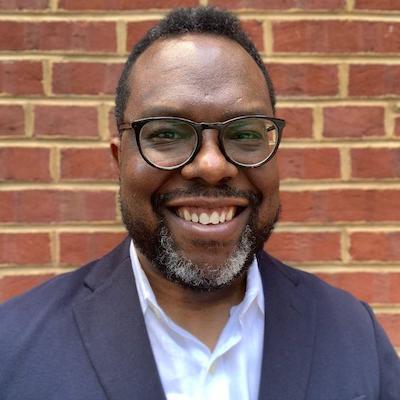
Tom Trewinnard

Ariel Zirulnick

Joni Deutsch

Kerri Hoffman

Jesenia De Moya Correa

Juleyka Lantigua

Paul Cheung

Megan McCarthy

Millie Tran

Larry Ryckman

Gabe Schneider

Whitney Phillips

A.J. Bauer

Rachel Glickhouse

Jim Friedlich

AX Mina

Jesse Holcomb

Chase Davis

Zizi Papacharissi

Michael W. Wagner

Parker Molloy

Mario García
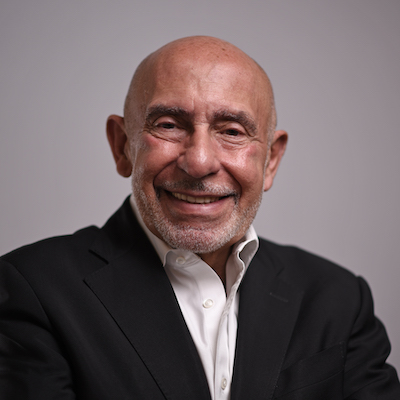
j. Siguru Wahutu
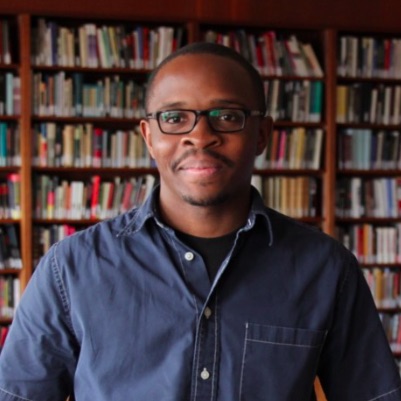
Jennifer Coogan

Sarah Stonbely

Matthew Pressman

Tony Baranowski

Julia Munslow

David Cohn

Moreno Cruz Osório

Cherian George
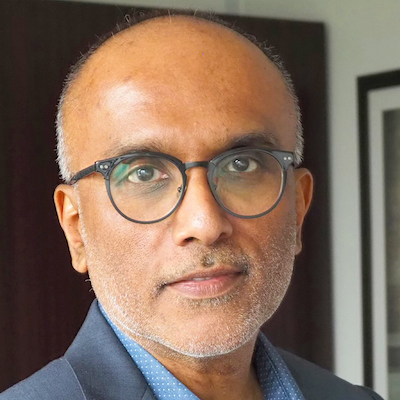
Candace Amos

Stefanie Murray

Burt Herman
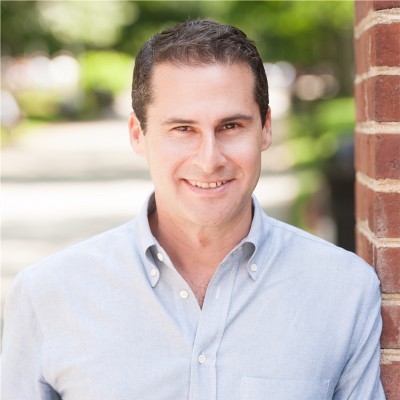
Stephen Fowler

Wilson Liévano
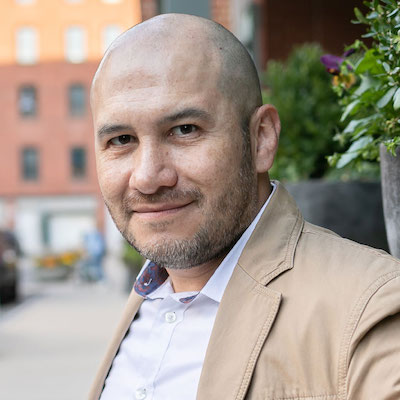
James Green

Joanne McNeil

Nik Usher

Victor Pickard

Julia Angwin

Anita Varma

Tamar Charney

David Skok

Anthony Nadler

Mandy Jenkins

Eric Nuzum

Alice Antheaume

John Davidow

Robert Hernandez
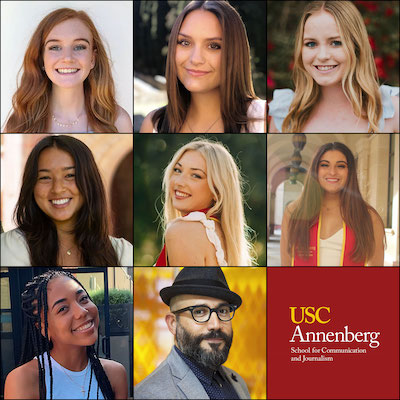
Ståle Grut

Kendra Pierre-Louis

Jessica Clark

Kathleen Searles Rebekah Trumble

Laxmi Parthasarathy

Sam Guzik

Cindy Royal

Kristen Jeffers

Jennifer Brandel

Chicas Poderosas

Meena Thiruvengadam

Andrew Freedman

Natalia Viana

S. Mitra Kalita

Christina Shih

Simon Galperin

Shalabh Upadhyay

Kristen Muller

Don Day

Shannon McGregor Carolyn Schmitt

Simon Allison

Francesco Zaffarano

Amy Schmitz Weiss
